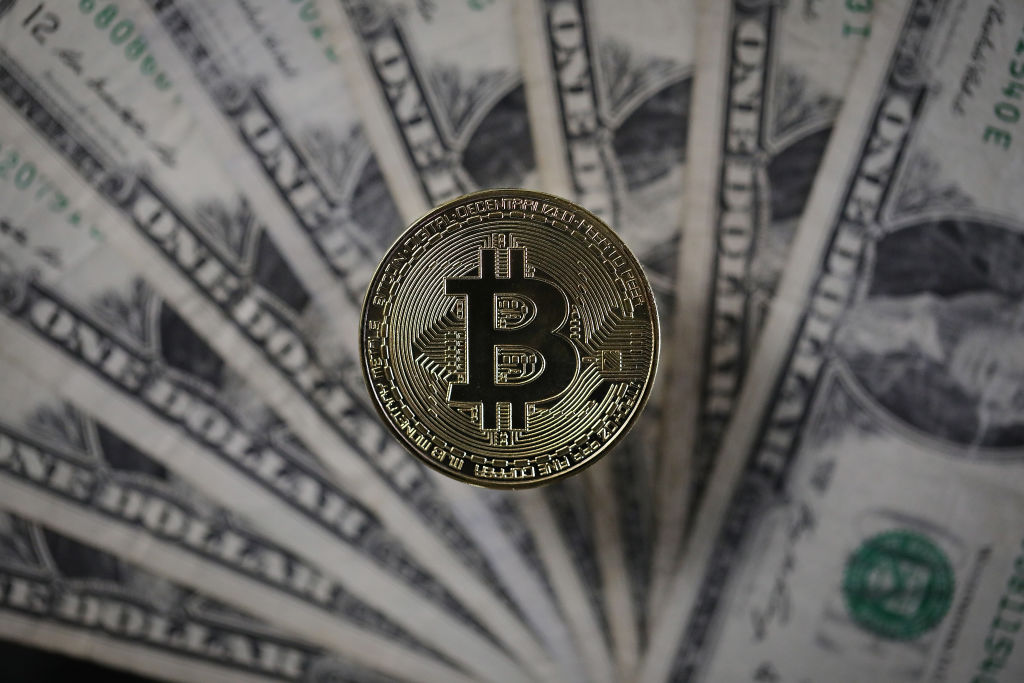This is an excerpt from Martin Vander Weyer’s ‘Any Other Business’ column.
I don’t know which is more worrying: that the bitcoin market becomes madder by the day, or that it becomes more mainstream. The market price of a unit of the cryptocurrency has spiked above $11,800, up from $750 a year ago, for no reason other than speculative fever. The total value of bitcoins in existence (if that’s the right word) has surpassed the GDP of New Zealand. The first bitcoin billionaires have been announced as Tyler and Cameron Winklevoss, the American twins who were in at the birth of Facebook. The Chicago Mercantile Exchange is about to launch its first bitcoin futures contract and an analyst at JPMorgan says bitcoin could soon rival gold as a safe-haven holding. What started as a virtual mystery story is fast becoming part of global financial furniture while regulators, central banks and Wall Street bosses watch, warn and try to work out what the real-world impacts will be if bitcoin self-combusts.
Which I continue to believe that it will, though I have not had an opportunity to test my scepticism in debate against, for example, someone who has sold bitcoins for dollars or pounds close to the current peak — unlike the Winklevoss duo, who haven’t sold and whose billion is entirely notional. I note that the most avid bitcoin traders these days are in Japan, where there’s a common personality type who in earlier eras gambled obsessively on gangster-owned pachinko slot-machines. But the only true believers in the cryptocurrency concept I’ve actually met (as opposed to those who just fancy a flutter on a rising market) tend to be rich wacko west-coast Americans who also believe that nation states and their monetary constructs are an outdated notion, overtaken by the potentialities of the internet.
Their view is that state-backed ‘real’ money no longer reliably performs as a store of value and means of exchange because it is undermined by inflation and bad government — and only performs at all because users choose to trust the system. So that makes it no different from money tokens in virtual-world computer games, out of which cryptocurrencies took wing. Except that (as I wrote in a review of a tiresome book on this theme called Wildcat Currency by Edward Castronova) ‘every normal person above the age of six and not over-affected by chemical stimulants should be capable of distinguishing between the real and the imaginary’. We recognise Monopoly money, but when the game ends its ‘value’ evaporates — and that’s what I think will happen, sooner or later, to bitcoin; most likely with colossal elements of fraud. My advice, if you’re in it, is to take your profits while you can and look for the next game to play.







Comments